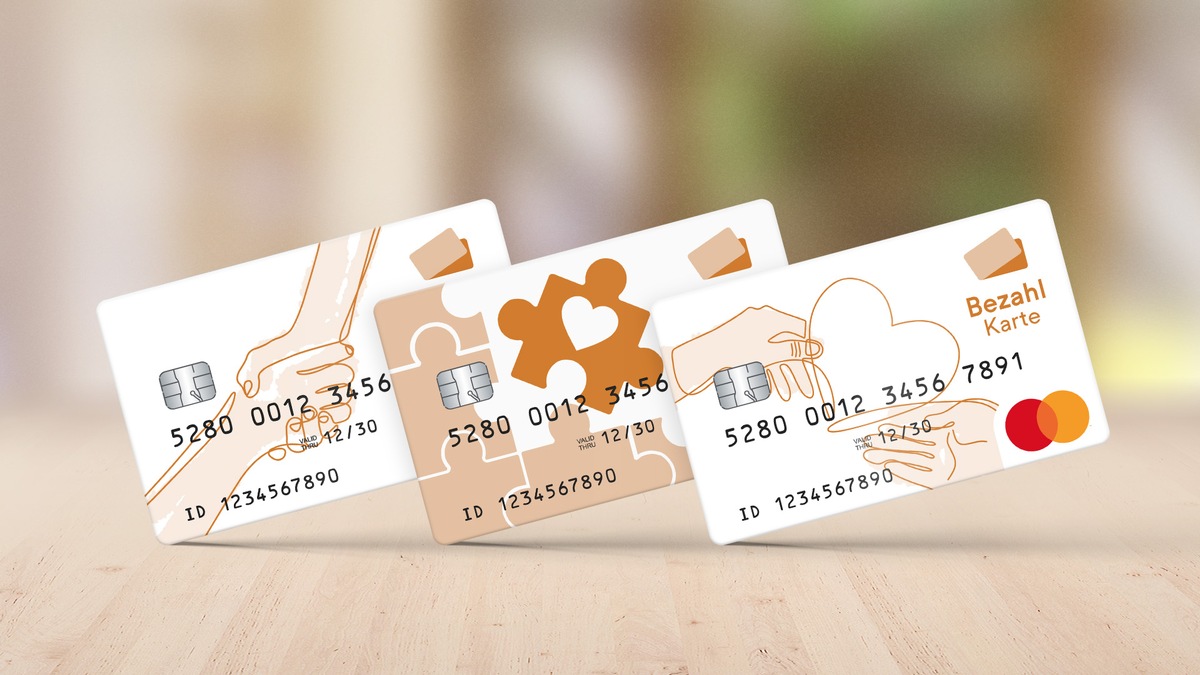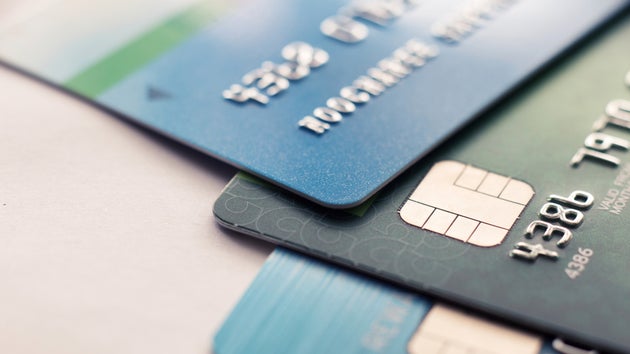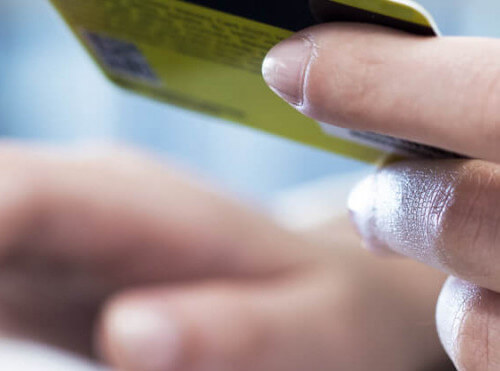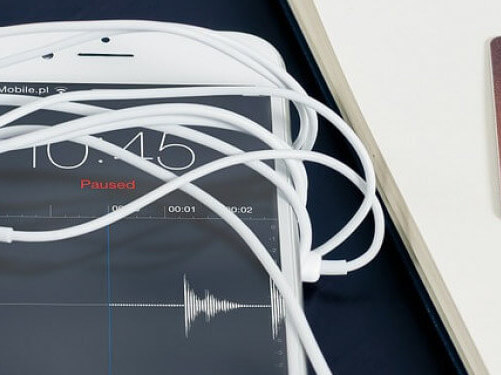Table of Contents
What does the payment card for refugees really offer?
In Germany, the federal and state governments agreed in November 2023 to develop a payment card model for refugees. The framework conditions were decided at the Prime Ministers' Conference and uniformly adopted by 14 federal states. Bavaria and Mecklenburg-Vorpommern plan to introduce a similar model but may choose different service providers.
The switch from cash to card payments for refugees is set to be implemented in 2024. The exact timing and conditions attached to the card will be decided by the states themselves. First, a suitable developer must be found through the awarding process. Learn more about why the payment card is being introduced, how it works, and the criticism surrounding it in our article.
How does the new money card work?
The payment card for asylum seekers is a balance-based debit card without a bank account linkage. The benefits that refugees previously received as cash from the state will now be loaded onto the card. Learn all the functions of the money card here.
It will not have a transfer function.
It is not linked to a bank account.
Cardholders can only make cashless payments within Germany. Depending on the state, usage may even be regionally restricted.
A highly discussed function is the cash withdrawal: a small "pocket money" amount of about 50 euros will be paid out separately in cash. Whether additional cash withdrawals will be possible with the card will be decided by the states.
Reasons for switching from cash to payment card
Why did the government decide to switch from cash to payment cards? We have summarized the main reasons for you:
Preventing money transfers to the country of origin
Reducing incentives for illegal migration
Decreasing inhumane smuggling crime
Simplifying administrative efforts in municipalities
Relieving authorities
A nationwide eegulation – with exceptions
Although the payment card model was agreed upon at the Prime Ministers' Conference for all of Germany, some federal states are taking a different approach. Some states have already started pilot projects, while others, such as Bavaria, have announced exceptionally strict implementation.
Refugees in Bavaria face severe restrictions
Asylum seekers in Bavaria must prepare for severe restrictions with the payment card. Prime Minister Söder announced that he wants to take a hard line, with the first pilot projects with the card starting in a month. The "Bavaria Card" can only be used near the accommodation for daily necessities. "We are stopping online shopping, gambling, and transfers abroad. Cash is only available as small pocket money up to 50 euros," Söder announced.
Pilot projects in Thuringia
In the districts of Graz and Eichsfeld in Thuringia, the first payment cards were already issued to asylum seekers in December and January as part of a pilot project. The districts can later switch to the nationwide system.
Hanover as a pioneer
In Hanover, a payment card called the "Social Card" was also introduced at the beginning of December. The developer "Publk GmbH" provided the city with the first cards. Hanover's Mayor Belit Onay commented at the card's presentation: "The Social Card offers refugees non-discriminatory access to cashless payments."
Criticism from politicians and human rights organizations
The introduction of the payment card for refugees has also sparked significant criticism. Since the card can only be used in selected stores, it brings substantial restrictions. Ellen Könneker from the Thuringian Refugee Council mentioned to MDR: "With the low benefit rates, affected individuals now have to laboriously juggle where they can use the card and how they can meet payment demands when the cash amount is exhausted."
Andrea Kothen, a consultant from Pro Asyl, called the payment card a "discrimination program" in an interview with tagesschau.de. Kothen believes the desired political effect of reducing asylum applications will not be achieved.
These benefits are available to asylum seekers in 2024
In Germany, refugees receive 460 euros per month as individuals. They can earn an additional 200 euros through volunteer work. If they are pregnant or ill, they receive additional special benefits. Social assistance is adjusted annually like all other social benefits.
Asylum seekers often receive their benefits not as cash but as benefits in kind in their accommodations. In comparison, the citizen's income, formerly Hartz IV, in Germany is 563 euros.
Single or single parents
256 €
204 €
460 €
Couples in an apartment / communal accommodation
229 €
184 €
413 €
Adults in a residential facility; adults under 25 living with parents
204 €
164 €
368 €
Teenagers aged 14-17
269 €
164 €
408 €
Children aged 6-13
204 €
139 €
341 €
Children under 5
180 €
137 €
341 €
Ukrainians do not receive a payment card
Refugees and protected persons from Ukraine, as well as those tolerated (after 18 months), receive citizen's income or social assistance and are not entitled to the payment card.
Do payment cards simplify everything?
While refugees in Germany currently have to collect money from the Sparkasse with a so-called commitment certificate, the payment card would initially simplify payment processes for both the affected individuals and the municipalities. At the same time, there could be restrictions if the states decide on regional and sectoral limitations. Since part of the social assistance is still to be paid out as cash, the argument of simplifying administrative effort would be void.
More exciting information about payment and credit card providers and interesting news about the financial world can be found on our comparison portal.










